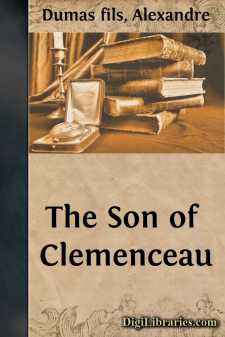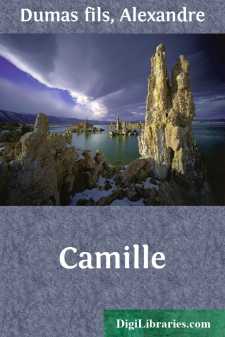Categories
- Antiques & Collectibles 13
- Architecture 36
- Art 48
- Bibles 22
- Biography & Autobiography 815
- Body, Mind & Spirit 144
- Business & Economics 28
- Children's Books 18
- Children's Fiction 14
- Computers 4
- Cooking 94
- Crafts & Hobbies 4
- Drama 346
- Education 58
- Family & Relationships 59
- Fiction 11833
- Games 19
- Gardening 17
- Health & Fitness 34
- History 1378
- House & Home 1
- Humor 147
- Juvenile Fiction 1873
- Juvenile Nonfiction 202
- Language Arts & Disciplines 89
- Law 16
- Literary Collections 686
- Literary Criticism 179
- Mathematics 13
- Medical 41
- Music 40
- Nature 179
- Non-Classifiable 1768
- Performing Arts 7
- Periodicals 1453
- Philosophy 65
- Photography 2
- Poetry 896
- Political Science 203
- Psychology 44
- Reference 154
- Religion 515
- Science 126
- Self-Help 85
- Social Science 82
- Sports & Recreation 34
- Study Aids 3
- Technology & Engineering 59
- Transportation 23
- Travel 463
- True Crime 29
Our website is made possible by displaying online advertisements to our visitors.
Please consider supporting us by disabling your ad blocker.
The Son of Clemenceau
Description:
Excerpt
CHAPTER I.
STUDENT AND SOLDIER.
The sunset-gun had been fired from the ramparts of the fortifications of Munich and the shadows were thickly descending on the famous old city of Southern Germany. The evening breeze in this truly March weather came chill over the plain of stones where Isar flowed darkly, and at the first puff of it, forcing him to wind his cloak round him, a lonely wanderer in the low quarter recognized why "the City of Monks" was also called "the Realm of Rheumatism."
The new town, which he had not yet seen, might justify yet another of its nicknames, "the German Athens," but here were, in this southern and unfashionable suburb, only a few modern structures, and most of the quaint and rather picturesque dwellings, overhanging the stores, dated anterior to the filling up of the town moat in 1791.
The stranger was clearly fond of antiquarian spectacles, for his eye, though too youthful to belong to a Dryasdust professor, and unshaded by the almost universal colored spectacles of the learned classes, gloated on the mansions, once inhabited by the wealthy burghers. They were irregular in plan and period of erection; the windows had ornamental frames of great depth, but some were blocked up, which gave the facades a sinister aspect; the walls had not only ornamental tablets in stucco, but, in a better light, would have shown rude fresco paintings not unworthy mediæval Italian dwellings. Many of the fronts resembled the high poops of the castellated ships of three hundred years ago, and they cast a shadow on the muddy pavement. As they resembled ships, the slimy footway seemed the strand where they had been beached by the running out of the tide.
As the darkness increased, the amateur of architecture became more solitary in the streets where the peasants in long black coats, their holiday wear, were hurrying to leave by the gates, and the storekeepers had renounced any hope of taking more money, in this ward, gloomy, neglected and remote from the mode, no display of goods was made after dark. But the man, finding novel effects in the obscurity, continued to gaze on the rickety houses and bestowed only a transient portion of his curiosity on the few wayfarers who stolidly trudged past him to cross a bridge of no importance a little beyond his post.
One or two of the passengers, rather those of the gentler sex than the rude one, had, however, given attention to the figure which the flowing cloak did not wholly muffle. With his dark complexion and slender form, not much in keeping with the thickset and heavy-footed natives, and his glistening black eyes, he made the corner where he ensconced himself appear the nook where an Italian or Spanish gallant was waylaying a rival in love.
Presently there was a change in the lighting of the scene, the gloom had become trying to his sight. Not only were two lamps lit on the small bridge, one at each end in the ornate iron scroll work, which Quintin Matsys would not have disavowed, but, overhead, the sky was reddened by the reflection of the thousands of gas jets in the north and west; the gay and spendthrift city was awakening to life and mirth while the working town was going to bed....



